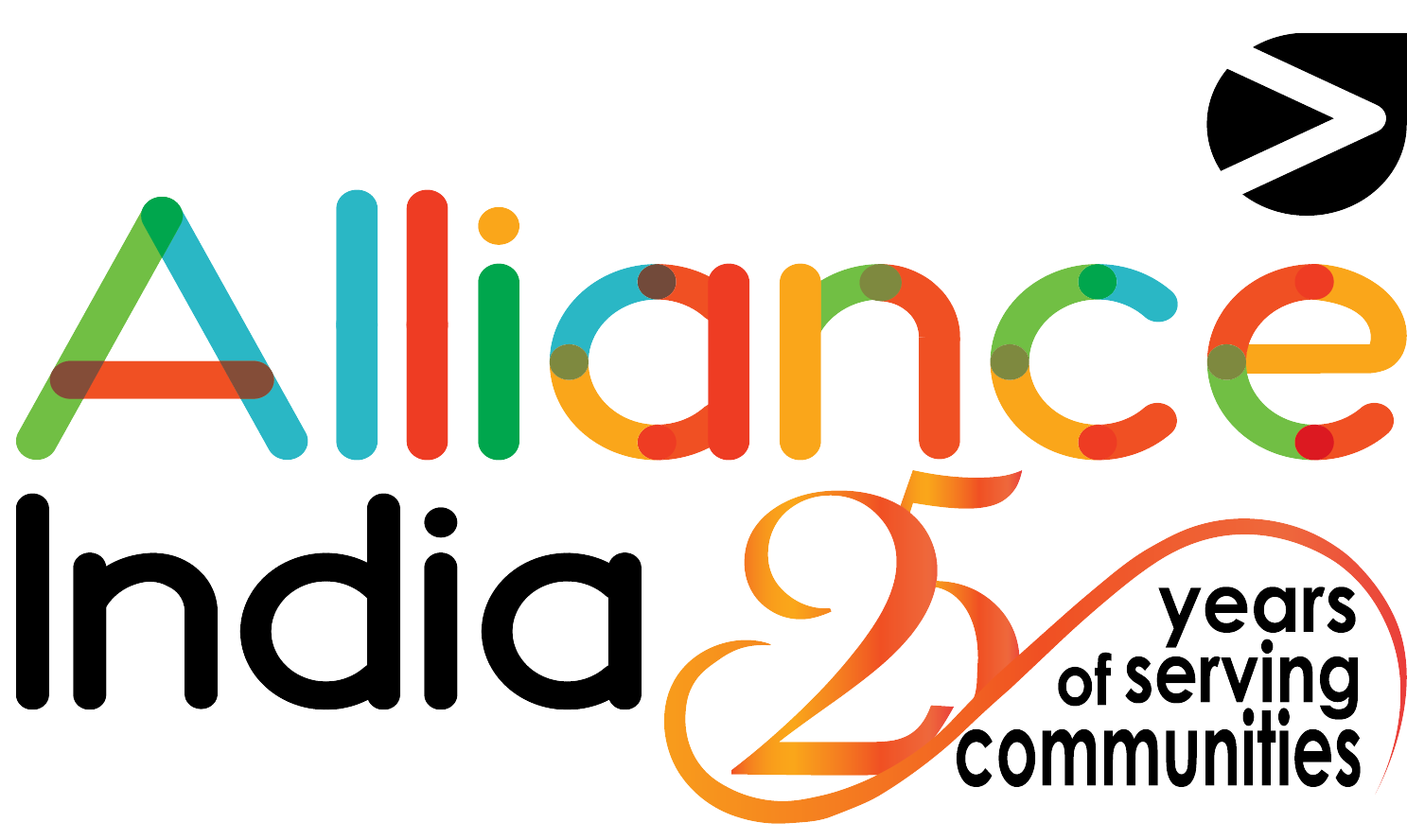Dispersing the fog of discrimination
You may say I’m a dreamer
But I’m not the only one
I hope someday you’ll join us
And the world will be as one
– John Lennon
A dream keeps me going. I dream that one day every woman living with HIV – every woman like me – will be able to live a life of dignity. Today, that day still seems distant.
Today, many women living with HIV (WLHIV) struggle to access their rights. Giving birth to their babies in a safe and secure environment is not within their reach. For too many WLHIV, basic healthcare is an unending road full of stigmatization and discrimination.
Recent news articles of two WLHIV giving birth – one in Meerut (https://bit.ly/1MlJIKl) and the other in Raipur (https://bit.ly/1L7yZSg) – provide a shocking picture of the inhumane treatment practised by heath ‘professionals’. What is even more disturbing is that this occurs not just in one hospital nor is it only one woman’s plight. This is an altogether too familiar story for WLHIV in India who seek healthcare.
While reading the news articles, I remembered my own experiences, such as the time when I went to have a boil on my foot dressed. The boil had appeared as a side effect of stavudine, an antiretroviral medication used to treat HIV infection. I noticed the nurse doing the dressing without wearing any gloves, and I advised her to take necessary precaution as I am living with HIV.
What she did then is something I cannot forget: she dropped my leg in one sudden motion and said, “Oh, you must go to the district hospital.” This experience, I am sorry to say, is not the exception. Across India, health providers take this approach while interacting with patients living with HIV. In fact, at most of my dental and health check-ups, doctors would refer me to other hospitals.
This is the kind of apathy that people living with HIV (PLHIV) face in their daily lives. Even after crores of rupees have been spent by the Government of India to increase awareness of HIV and sensitize health providers, it saddens me to see that prejudices against my community have not changed much even after more than twenty years of effort.
Still I suffer though these indignities, even though I am an educated and independent woman who knows my rights. I am fortunate to be aware that I have options for healthcare, and I know how I should be treated. Yet if I still suffer these mistreatments, imagine the predicament of those women from remote villages, less aware about HIV and dependent on health providers who have not yet been sensitized about the virus or have failed take their training to heart. I know too many of these women, courageous to be sure but without any faith in the system due to constant discrimination.
It is not enough to dream a dream. We must work on building a reality where WLHIV are understood, supported and given their rightful space in society, including full access to healthcare without stigma or discrimination.
The author of this post, Mona Balani, is a committed activist and serves as a Programme Officer: Care & Support at India HIV/AIDS Alliance in New Delhi.
Other Recent Articles
- Youth Voices: Life with HIV in Contemporary India 26 September, 2023
- Empowering Transgender Community to create an Equal World 20 July, 2023
- Combating Stigma and Discrimination Among People Living with HIV 7 July, 2023
- Understanding the Significance of HIV Testing: Impact on Individuals, Relationships, and Society 22 June, 2023
- Empowering Lives during Unrest l Our Commitment to Manipur 5 June, 2023
- Empowering the Transgender Community: Alliance India Initiates Transgender ID Card Registration Drive 17 May, 2023
- The Struggle of Embracing Identity- International Day Against Homophobia, Transphobia and Biphobia 17 May, 2023
- Innovaccer Provides Support to Ensure Quality Health Services to Children Living with HIV 5 May, 2023
- The Essential Role of Social Protection Schemes for People Living with HIV 13 April, 2023
- Marriage is only between a biological male and biological female,” Centre tells Supreme Court 14 March, 2023
- Made by Nicdark - Copyright 2020
- donations@ong.com
- volunteers@ong.com
- contact@ong.com
India HIV/AIDS Alliance (Alliance India)
A not-for-profit Section 8 Company with Registration No: U85310DL1999NPL098570
Contact
-
6, Community Centre
Zamrudpur Kailash Colony Extension
New Delhi – 110048 - +91-11-4536-7700
Download
Quick links
©2021 All Rights Reserved by Alliance India



Leave a Reply